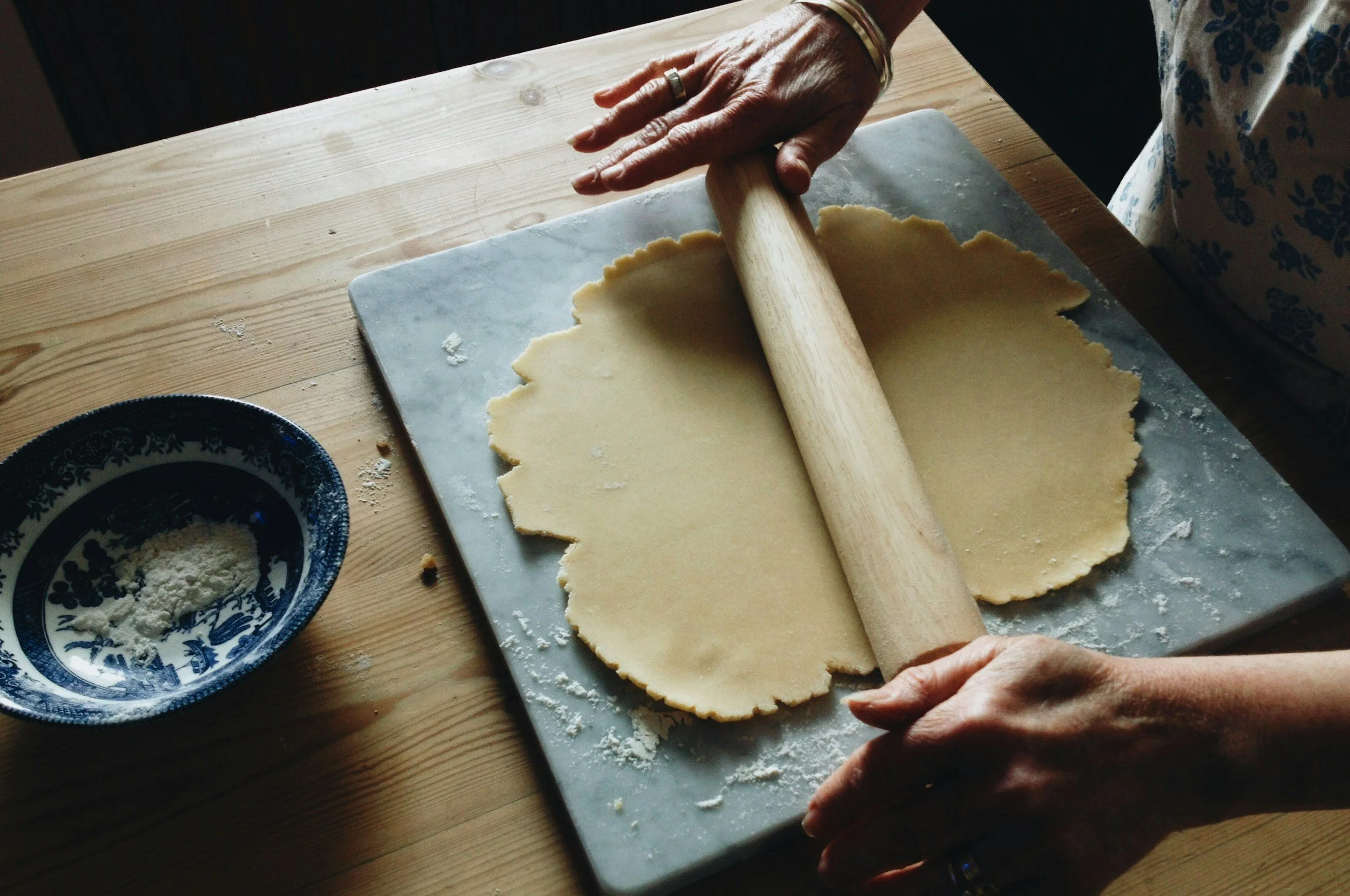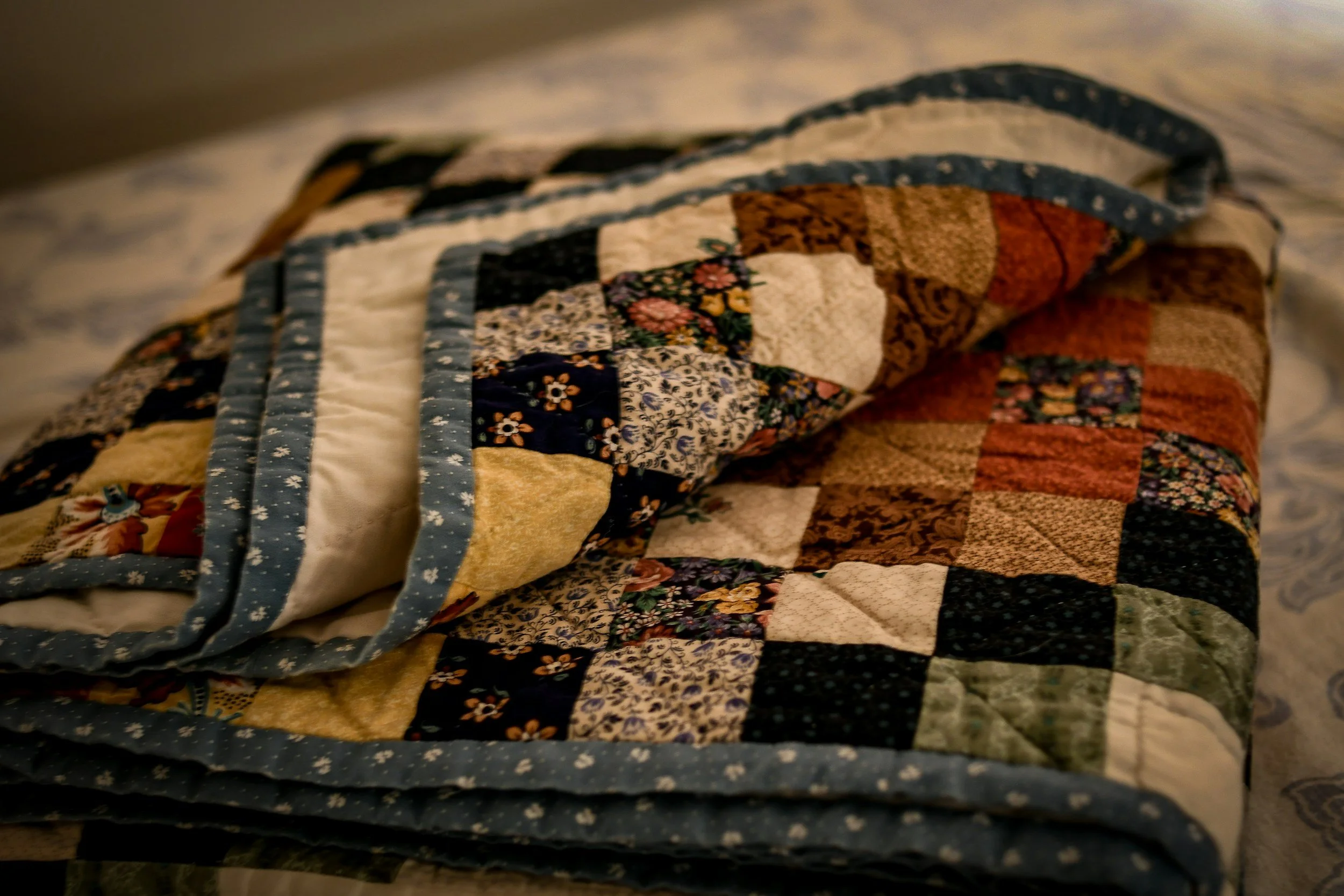Amends
“The violence I had orchestrated left my insides lacking…”
The violence I had orchestrated.
I had orchestrated violence.
Had I orchestrated violence?
I was prepping for a podcast, scanning through my essay collection, Putting Out: Essays on Otherness, when I passed by this sentence. I used to love it. When I read it, I could envision myself as a conductor keeping in time the crumbling of my early womanhood. I’d visualize the rotation of shot glasses, kegs, faceless men, loose pills, and strobe lights blinking in the basement bangers all circling around me like a halo. By putting myself on the conductor’s podium I could pick and choose what parts of my experiences I illuminated to others.
When I originally wrote the essay, titled The Marine, I believed from the tops of my toenails to the bottom of my split ends that I alone had incited a man’s violent actions against me.
Now, when I read the sentence, it feels like I am trying to stare at the sun. I guess you could call this revelation growth, but I am embarrassed for living in a haze of self-gaslighting. It feels further complicated when I realize no one, editors included, read this sentence, and questioned its validity.
On her podcast, Add to Cart, Suchin Pak spoke about the 2021 Atlanta Spa shooting, where predominately Asian American women were murdered. Pak, a media representative herself, called out the long and misguided language used by journalists to describe violence against women.
“Call it what it is, don’t tell me the streets are dangerous. Tell me that men are killing women,” Pak said to listeners.
Pak urges the use of accuracy in reported language, and by doing so gave us a glimpse into how we’ve misheard accounts of violence for so long that it has stepped into our own psyches. From rereading my essay, it was clear from the misplacement of blame that it had seeped into mine.
My glaringly inaccurate sentence up for reexamination refers to an assault I experienced my junior year of college. I’ve never named it that before, an assault. In the past it was an incident or that time when. I want to use more accurate language when reexamining this story and insert the moments I previously omitted. Painstakingly, I crafted a story whereby leaving out portions I’d changed the impact, on paper anyway.
Writing about violence is difficult. To edit is human nature. Writer Lida Yuknavitch wrote, “In America, it’s tricky to describe violence without it turning into entertainment.” I believe this is even more true when describing violence and women. Violence inflicted upon women is often the rising action in TV and movies, or the way in which to tie it all up at the end of a story. Women’s bodies are used as literary vehicles.
To amend a story of violence is terrifying. Rewriting takes away a perception of control that I need. There is also a risk of being fully seen or misunderstood by reexamination.
What will happen if I stop editing this story? What happens if I am no longer orchestrating? What will happen if like Pak urges, I tell it like it is?
The Marine: Reexamined
By the time I met him my stomach held at least four shots of vodka and likely two beers. I was no longer an ingenue freshman, but a well-oiled, self-destruction machine in my third year. No longer did I seek out guys for attempts at making emotional connections or to try to ignite a feeling of passion. It is only now looking back I can see I knew I was using them as a means to hurt, control, and occasionally feel good about myself. At the time, I was acting on autopilot.
About fifty of us crammed into a frat basement, which provided no relief from the summer heat that felt excessively stifling, and damp even by Virginia standards. He was enormous in a way that didn’t typically interest me, with thick muscles pressing through a white t-shirt and standing a foot and some inches taller than me. Which is to say, he was a cishet man and as a lesbian this was not a physicality that turned me on. This encounter, like the ones before, was not about desire. What is more than depressing than separating sex from desire? His body and demeanor rattled my insides with uncertainty though I knowingly targeted him. I walked towards him with no intent other than amplifying my initial feelings of discomfort. He spoke with an accent, or a slur, that I couldn’t place and said he had been kicked out of the Marines.
The ex-Marine didn’t attend our school but lived in our rural town and partied like a seasoned coed. My brain holds no formative recollection of our conversation.
As the evening continued, I fueled myself with more drinks and pushed myself toward him. At the time, fear felt more like an emotion worth chasing than a warning sign of physical or mental danger ahead. Regard for my well-being was essentially nonexistent, and I craved various forms of self-inflicted violence. By crave, I meant I was living in a constant state of dysregulation, and I was relying on toxic coping mechanisms.
Once acceptably intoxicated, ie, numb, I led him back to my apartment where we engaged in mundane sex. At the time I thought my lack of excitement was related to the vanilla-ness of the act, but now I realize all sex without hunger is inevitability mundane. Per usual, I was checked out of my body. When we met, I felt certain about his propensity towards violence and tried, with no avail, to nudge him on to be rougher with me. Afterwards, I begrudgingly started to get dressed as he sat on the edge of my bed already tying his shoes. At least he doesn’t want to stay, I thought.
We began exchanging the type of pleasantries that one gives after such a swift interaction when I said, “I’ve actually had better sex with women.”
This sentence was a lie, although a hopeful one. The words bruised what I assume was his fragile idea of masculinity and before the last word left my mouth, he slammed me against the wall. The back of my skull bounced and vibrated against the drywall. He held me in place with one hand- his middle finger to the bottom of his palm appeared to extend the length of my chest. My chest bone sank inward from the weight of his heavy hand.
He pushed so hard that a cough escaped from my lungs. I knew I had sensed an ominous presence in him. A moment later my body slammed back onto my bed as he hovered over me screaming “stupid bitch” and “fucking slut.”
I attempted to stand up and breeze past him, but he backed up blocking the door. I peed a little and smelled the ammonia. While he continued to rant spew hatred at me, I sent a S-O-S text to my friend who lived next door. By the grace of coming home last and being mostly blacked out, the front door was never locked, and my friend stormed in causing a racket and easily extricated him.
Although I located the disorder that I sought, I didn’t feel fuller after the experience. I did not get ready earlier that night with the intention of being brutalized. Even if I had left the house with the intention of being physically brutalized by a strange man I did not control or create the actions of the Marine. The violence I had orchestrated left my insides lacking anything substantial and I realized I might be number than when the night began. My life had become a game of throwing emotionally charged darts at myself hoping one would stick. Back at my friend’s house, the first memory I have is sitting on her kitchen floor surrounded by bubbly, drunken sorority girls eating pizza. The event wasn’t discussed much further and I shoved it down as deep as I could, although this exercise was getting more difficult to accomplish as events were rapidly piling up.
*
Throughout the assault, I never acted as a puppeteer. Not once did I force his hands to grab my shirt, press his palm onto my chest, nor did I open his mouth and instruct him to spew hate in my face. And yet, I wrote of orchestration.
“I’ve had better sex with women.”
For a long time, I told myself it was this speaking that caused him to lash out.
I am not sure why the use of my own voice has disoriented the events and led me to assume that I was the one to blame.
Instead of choosing simple, true words, I wove a tall tale. For over a decade I was content to believe my story.
My words did not cause violence. The rational, therapized parts of my brain know this, but even as a woman with a literal master’s degree in psychology I did not always believe it. For years, I thought my skewed language was a means to keep me in control and feeling safe. I see now there is control in re-writing a fuller truth, albeit not as palatable.
-Samantha Mann
Samantha's debut essay collection, Putting Out: Essays on Otherness debuted March 2019. She's written for BUST for the past 3.5 years covering mental health, sexuality, and queer life. Her BUST essay DJ Khaled, Oral Sex, and the Orgasm Gap was recently reposted in Roxane Gay's newsletter, The Audacity's, weekly round up. Other publications include Elle, The Rumpus, Washington Post Magazine, Romper, Bustle, and others.






















